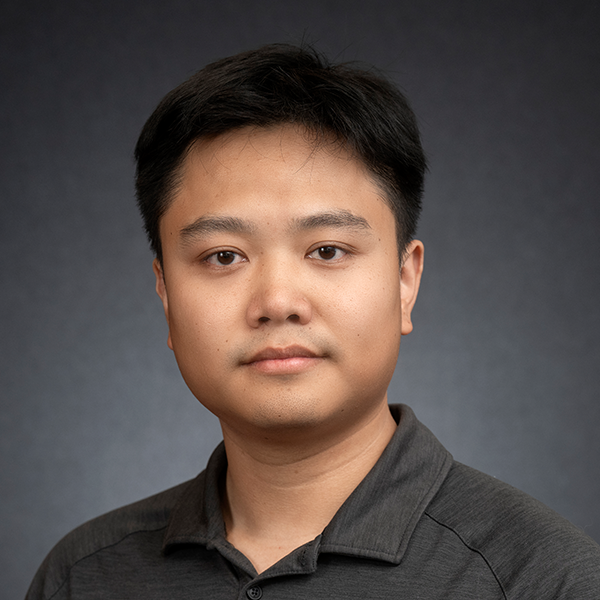Data Science Hub Biomedical informatics
As part of the Biomedical Informatics team at Texas Children's Hospital, we stand at the crossroads of information technology and healthcare. Our team of dedicated specialists provides essential support to practitioners and researchers so that they can best manage and use clinical and biomedical data. To accomplish this goal, we employ cutting-edge computational tools and methodologies to gather, store, analyze, and interpret vast amounts of health-related data, thereby driving evidence-based decision-making, optimizing patient care processes, and paving the way for personalized medicine. By creating and implementing innovative informatics solutions, we actively support our clinical, research, and operational goals in order to improve health outcomes for children. Whether it's managing electronic health records, integrating genomic data into patient care, or exploring new diagnostic and treatment pathways, our efforts are key to streamlining workflows, bolstering clinical research, and ultimately, revolutionizing pediatric healthcare delivery.
A recent case study
Dr. Liu’s team developed PARMESAN, a tool that leverages biomedical literature to predict and prioritize novel drug-gene relationships. This innovative approach offers a promising method for developing targeted therapies for Mendelian disorders, potentially revolutionizing the treatment landscape by saving time and resources. This study was published in the American Journal of Human Genetics.
Our tools
EPIC COSMOS — a dataset that integrates both inpatient and outpatient charts into a single comprehensive record, even as patients move between healthcare systems.
OMOP (the Observational Medical Outcomes Partnership) — an open-science collaborative that aims to standardize the way healthcare data is structured and analyzed for observational research.
CLAMP — an NLP-based information extraction platform that allows users to extract clinical and genetic terms from clinical texts.
GPT models — we use a series of large language models (including OpenAI GPT) that can help analyze and interpret vast amounts of medical text data, thereby assisting healthcare professional with clinical documentation, information retrieval, decision support, and more.
ML/AI tools — we use a series of Machine Learning and Artificial Intelligence tools designed for many uses, including for specific research tasks.
Get in touch with us
Texas Children's Hospital researchers can submit a ticket here.
Baylor College of Medicine researchers can submit a ticket here.
Researchers from other institutions can contact us at researchdata@texaschildrens.org




